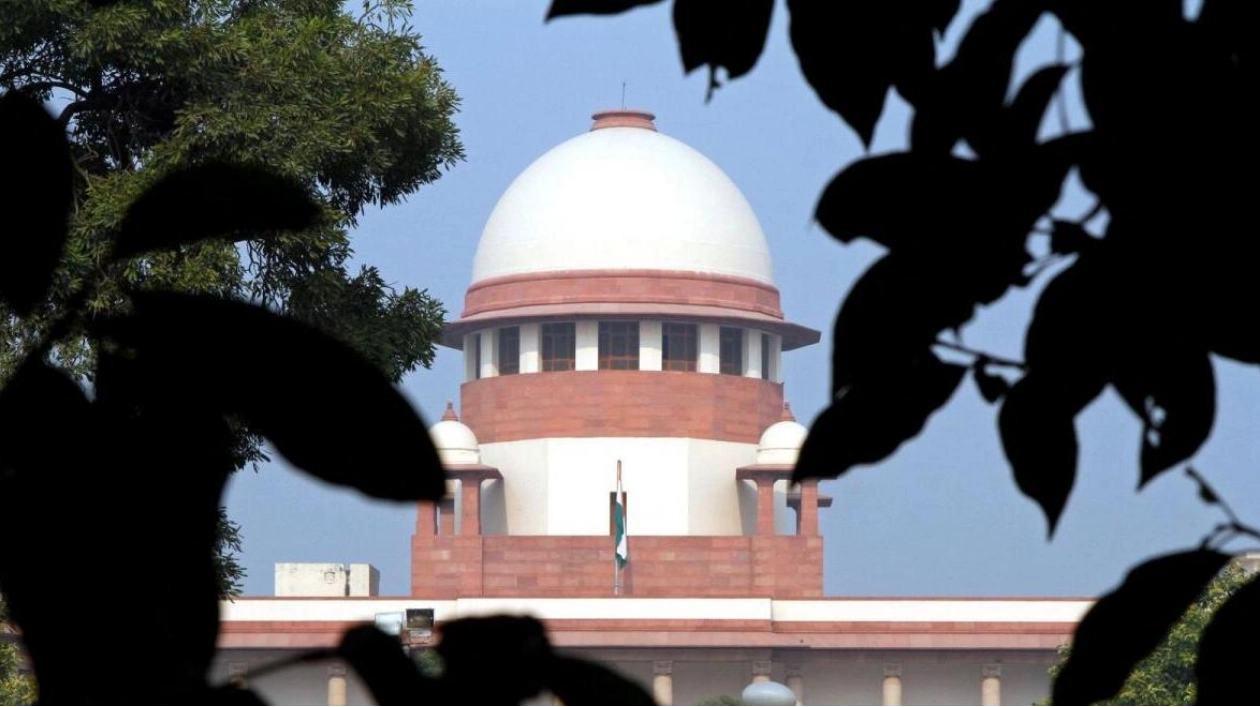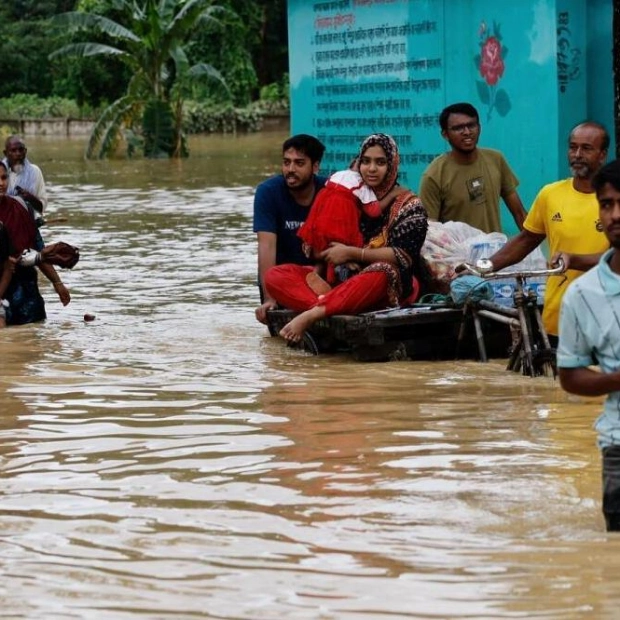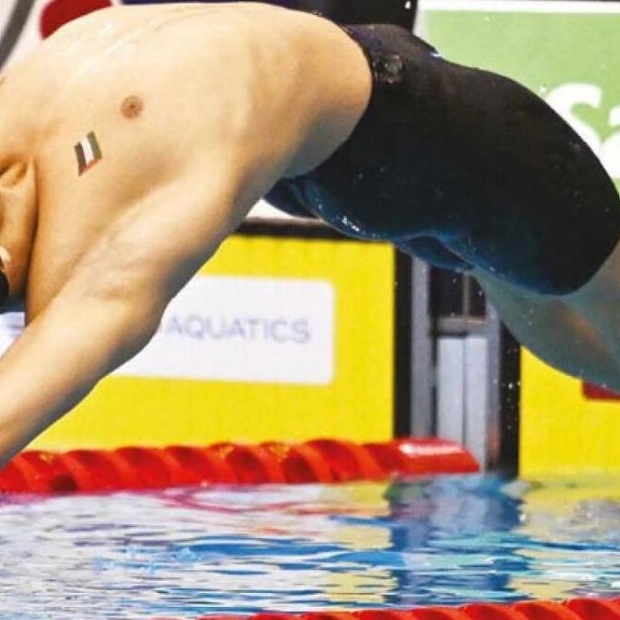On Thursday, the Supreme Court instructed the National Testing Agency (NTA) to post the scores of all participants in the 2024 Eligibility-cum-Entrance Test undergraduate exam (NEET-UG) on its website, with student identities concealed. A panel comprising Chief Justice of India DY Chandrachud and Justices JB Pardiwala and Manoj Misra mandated that the results be released by Saturday at 12 noon, categorized by city and test center. The court's directive came in response to student petitioners seeking transparency in the results. The court emphasized the need for transparency in the distribution of marks by center, while safeguarding student anonymity.
The court will resume hearing on July 22 regarding allegations of paper leakage and irregularities in the NEET-UG 2024 exams. The Supreme Court engaged in an extensive hearing on the NEET-UG issue, considering a series of pleas demanding the retraction of the 2024 results and a fresh examination due to alleged paper leakage and malpractices. Aspiring candidates approached the court, highlighting issues such as paper leakage, compensatory marking, and anomalies in the NEET-UG questions.
The NEET-UG exam, administered by the NTA, serves as the gateway to MBBS, BDS, AYUSH, and other courses in government and private institutions nationwide. The 2024 exam was conducted at 4,750 centers on May 5, with approximately 2.4 million candidates participating. The court questioned the NTA about the number of students who changed their exam centers, to which the NTA responded that 15,000 students utilized the correction window, though they could only alter the city, not the specific center, which was system-allocated two days prior to the exam.
The court inquired about the dispatch of question papers to centers on April 24, received by SBI and Canara Bank on May 3, noting a nine-day gap. Solicitor General Tushar Mehta informed the court that the CBI had investigated the entire process from printing to delivery, detailing a seven-layer security system involving two printing presses. Petitioners' counsel highlighted a systemic failure by the NTA, particularly in the compromised transportation of question papers via e-rickshaws instead of banks.
The court questioned the logic behind mass circulation of leaked papers for financial gain, with CJI Chandrachud challenging the feasibility of solving and distributing an entire exam paper within 45 minutes. The Solicitor General explained the accused's modus operandi, involving postdated cheques and targeted leaks rather than mass dissemination. The court expressed skepticism about canceling the entire exam based solely on statistics of perfect scores, emphasizing the need for concrete evidence of widespread malpractice.






